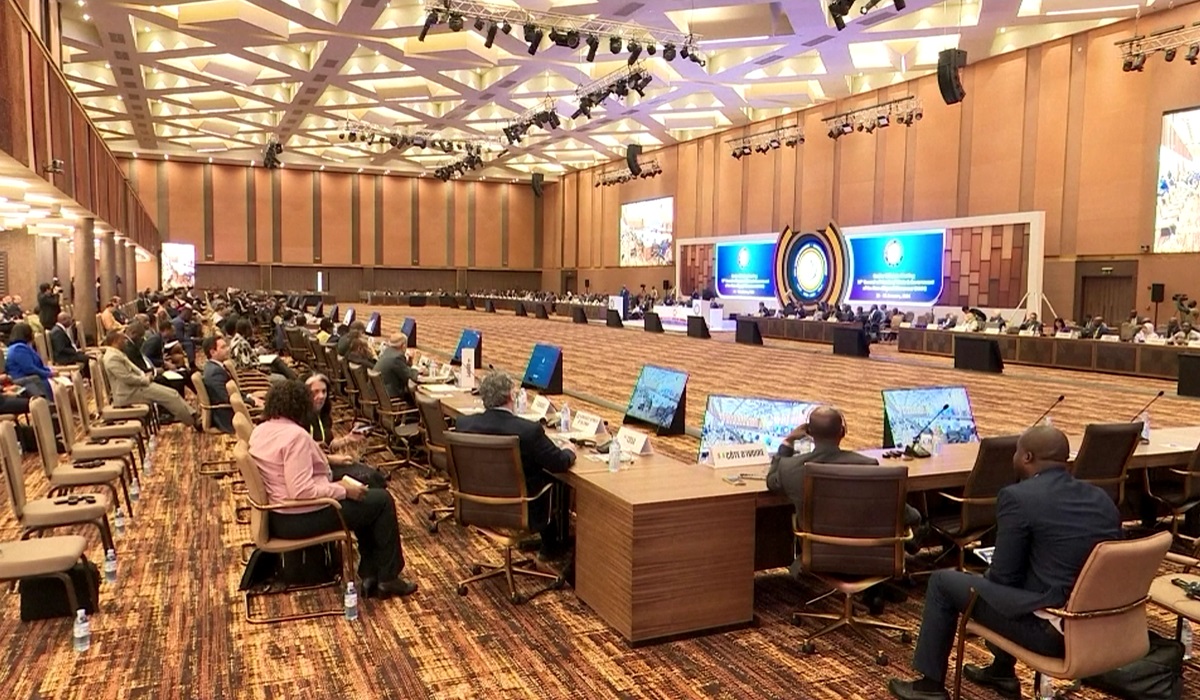Uganda is currently hosting the 19th Summit of the Non-Aligned Movement (NAM). This five-day event has brought together leaders from 120 nations, all converging under the overarching theme of ‘deepening cooperation for shared global affluence.’ To fully appreciate the importance of this summit, it is imperative to delve into the origins and objectives.
The Non-Aligned Movement traces its roots back to the mid-20th century, marked by the Cold War rivalry between the United States and the Soviet Union. The movement officially existed during the Bandung Conference of 1955, where leaders from 29 Asian and African countries convened to establish a platform that would maintain global peace and stability while staying independent of the superpower conflicts.
The Non-Aligned Movement operates on sovereign equality, non-intervention in domestic affairs, mutual respect, and peaceful coexistence. Its primary objective is to promote economic and cultural cooperation among member nations, fostering a climate of shared prosperity. By steering clear of alignment with any major power bloc, NAM aims to safeguard the interests of its member states and protect their autonomy on the global stage.

The need for the Non-Aligned Movement arose from the desire of nations to assert their independence in a world polarized by Cold War ideologies. As countries sought to break free from the shackles of alignment with either the Western or Eastern bloc, NAM emerged as a viable alternative. By adopting a neutral stance, member nations aimed to navigate the complex geopolitical landscape without compromising their sovereignty.
Uganda’s selection as the host for the 19th NAM Summit reflects its growing stature in international affairs. As the summit unfolds, Uganda is positioned to showcase its diplomatic prowess and shape the discourse on shared global prosperity.
The theme of the 19th NAM Summit, ‘deepening cooperation for shared global affluence,’ underscores the movement’s commitment to fostering collaboration for the collective benefit of its member states. It emphasizes the importance of joint efforts in addressing global challenges such as poverty, climate change, and economic inequality. The discussions and agreements forged during this summit will lay the groundwork for a more interconnected and prosperous future. Through this summit, leaders aim to strengthen the bonds of unity, paving the way for a future characterized by shared prosperity and mutual respect on the international stage.









